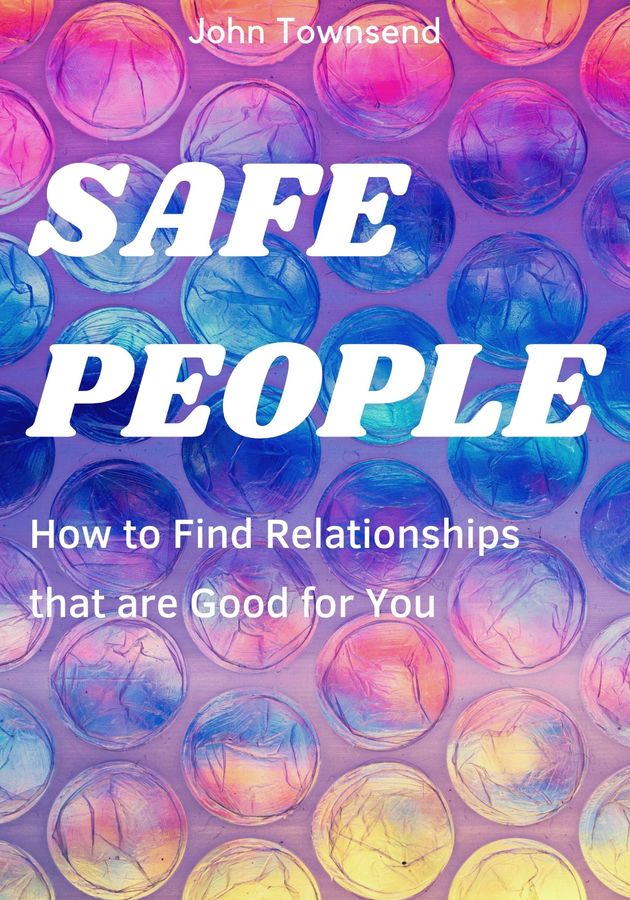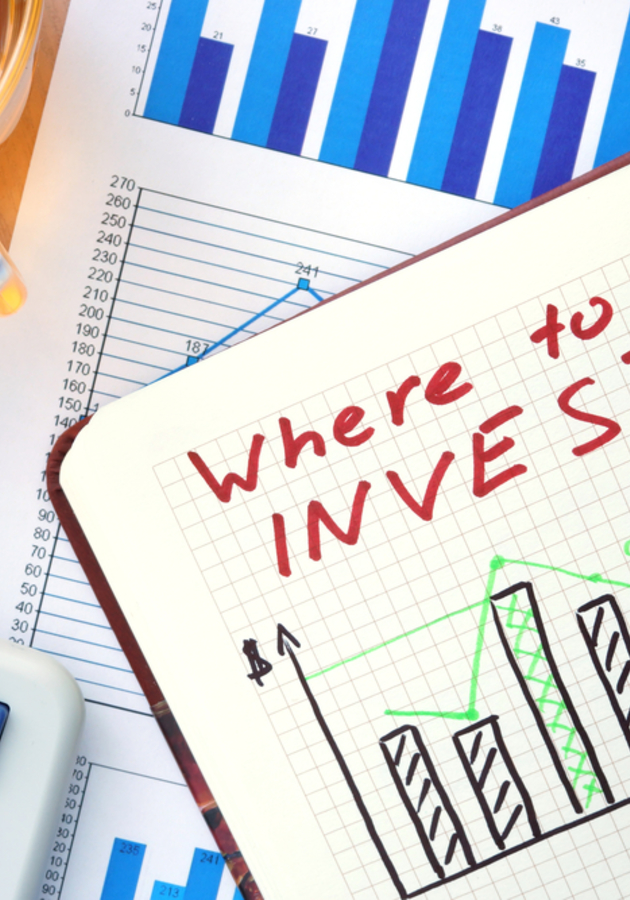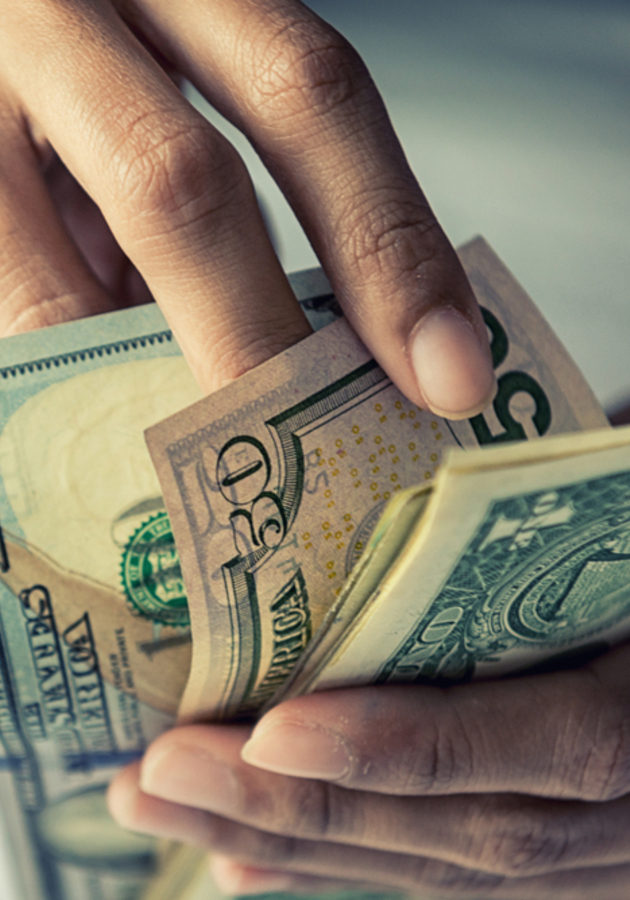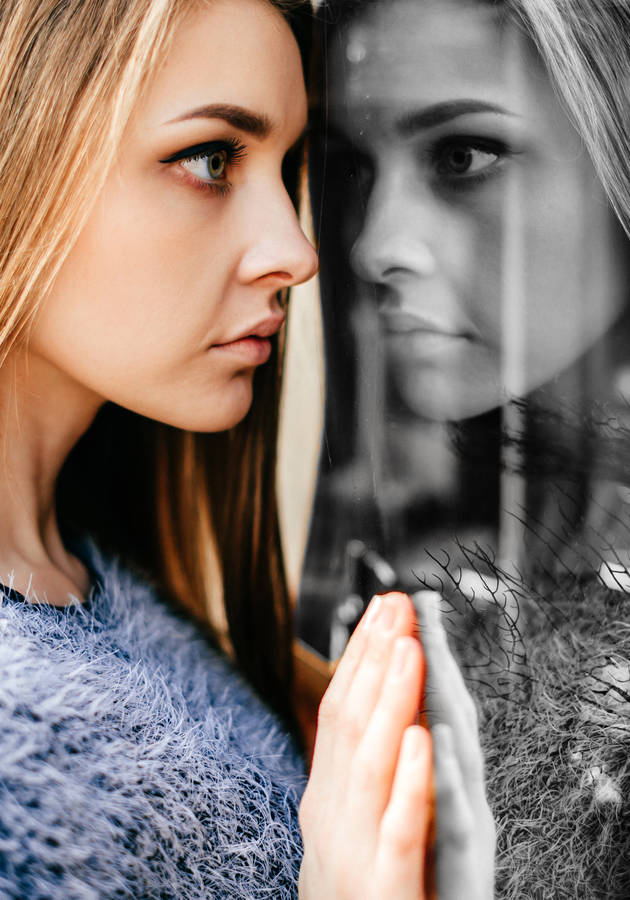“When the Son of Man comes in his glory,” says Matthew 25, “he will separate the people one from another as a shepherd separates the sheep from the goats. He will put the sheep on his right and the goats on his left. Then the King will say to those on his right, ‘Come, you who are blessed by my Father; take your inheritance, the kingdom prepared for you since the creation of the world.’ Then he will say to those on his left, ‘Depart from me, you who are cursed, into the eternal fire prepared for the devil and his angels.’”
In many ways, “Safe People” by Christian authors Henry Cloud and John Townsend is precisely about this, but on a much more personal level – namely, it is a book about the art of being able to tell the sheep from the goats in your own life. So, get ready to learn how to differentiate between people who are good from you and those who aren’t, and prepare to discover how to make safe choices in all kinds of relationships, from family to friendship, romance and work!
What is an unsafe person?
There are, really, only two types of people in this world: safe and unsafe. Safe people are those who can help you become a better person solely by their presence in your life; they are, to refer back to the parable we just told, the “sheep” of the world. Unsafe people, on the other hand, are the “goats” – namely, the people who can be damaging to your confidence, trust, and even your health. The skill of being able to tell these two types of people apart is called character discernment.
Despite being one of the most important skills to have in life, it is also one of the most neglected. “We do not get a lot of training in evaluating character,” bemoan Cloud and Townsend. “We tend to look on the outside and not the inside of a person. So, we choose people based on outward appearance, and then experience the inside of them and the pain of being in a real relationship with them – and come up very empty-handed.”
Indeed, it’s quite difficult to pick out the bad guys in real life. That’s because it’s usually the most winsome and promising individuals you’ll meet in life that will end up having the most troubling character faults. So how do you know whom to trust? There are many things you’ll need to understand to answer that question properly. The first one is that, while there are many different kinds of unsafe people, most of them fall under the following three categories:
- The abandoners – the people who can start a relationship, but can’t finish it. The abandoners begin with statements of commitment but leave when one needs them the most. They destroy trust. The people who pick them repeatedly, often end up depressed or with obsessive-compulsive disorders.
- The critics – the people who take a parental role with everyone they know. They are “judgmental, speak the truth without love, and have no room for grace or forgiveness.” The critics often confuse weakness with sinfulness and neglect issues of love, compassion, and forgiveness. In the memorable words of the authors, “Critics are more concerned with confronting errors than they are with making connections.”
- The irresponsibles – the people who don’t take care of themselves or others. The irresponsibles are like grown-up children: they have problems with delaying gratification or understanding the consequences of their actions. Just as well, they don’t follow through on their commitments. So, people drawn to them are doomed to pay for their sins and forgetfulness.
Personal traits of unsafe people
There are two ways to learn things in life – by positive example or by way of denial. The latter way is essentially the study of what not to do, and can teach you much more about the world because it simultaneously teaches the opposite. For example, we’re about to describe the 20 traits of unsafe people – 11 personal and nine interpersonal. However, since for every negative trait, there is a corresponding positive one, by describing unsafe people, we’ll also give a good working definition of a safe person – in absentia. Why not do the opposite? Because, as human beings, we are biased towards negativity. And because it’s much better to learn what to avoid – what to embrace will then come quite naturally. So, without further ado, here are the 11 personal traits of unsafe people.
- They act as if they have seemingly no needs. Unsafe people think they “have it all together” instead of admitting their flaws. Hence, they make other people feel weak, vulnerable, dependent, and disconnected.
- They are religious (instead of spiritual). Unsafe people rely on dogma and are not in touch with their own vulnerability and their existent imperfections. Hence, even though they appear to be highly moral, they are in fact only rigid and insincere.
- They are defensive. Unsafe people aren’t open to feedback. When confronted on their weaknesses, they become apologetic and start making excuses.
- They are self-righteous. Unsafe people are never humble. They see themselves as “above others,” so they refuse to identify with fellow sinners and strugglers, even in a cavalier fashion. However, since intimacy takes place only on “even ground,” this “I’m better than you” produces disconnectedness.
- They apologize, but never change. Unsafe people are only sorry about being caught, not about making a mistake. Hence, they are never truly repentant and this prevents them from really changing.
- They do not admit they have problems. Unsafe people think they can solve every problem by themselves, so they rarely treat people in pain with the necessary empathy. Hence, they hurt both themselves – and others.
- They demand trust. Unsafe people feel that they are entitled to trust – they are the ones who say “So, you don’t believe me?” or “Are you questioning my integrity?” They don’t know that trust isn’t something you get in a relationship, but something you earn.
- They believe they are perfect. Unsafe people don’t just believe they are perfect: they also seem like they are on a mission to prove that they are. This, however, makes them incapable of loving others, because love – as the authors note – “depends in part on our ability to own and share our faults.”
- They blame others. Unsafe people rarely take responsibility for their lives. They tend to externalize their problems, and use meaningless phrases such as “I had no choice,” or “I am the way I am and I can’t change – because my mother abandoned me when I was 5.” Everybody can change. Everybody has a choice. But only safe people are aware of this.
- They lie. Unsafe people don’t tell the truth. That’s how relationships break apart. To the degree that there is deception in a relationship, there is also danger that at least one person in that relationship will end up hurt.
- They are stagnant. Unsafe people aren’t wise enough to accept rebukes. They aren’t aware that, as Proverbs 17:10 says, “A rebuke impresses a discerning person more than a hundred lashes a fool.” Hence, they become fools – rigidly fixed and not subject to growth.
Interpersonal traits of unsafe people
Now that we’ve gone over the 11 personal traits of unsafe people (i.e., the traits that describe who they are), allow us to go over their nine interpersonal traits, that is to say, the nine traits which describe how they connect to others. Here they are:
- Unsafe people avoid closeness instead of connecting. According to Aristotle, human beings are social animals. Well, unsafe people tend to restrain this basic evolutionary urge in them. They don’t share and don’t want to feel intimacy with anyone. Unfortunately, people who are not able to get close to other people tend to act out their isolation in affairs, betrayals, broken trusts, and even addictions.
- Unsafe people are only concerned about “I” instead of “we.” Unsafe people believe that individual freedom is above everything else. That’s why they are self-centered rather than relationship-centered. That’s why they can’t even feel empathy, let alone act on it.
- Unsafe people resist freedom instead of encouraging it. Paradoxically, it’s people who believe in individual freedom the most that accept other people’s freedoms the least. In a relationship, two people need to learn how to be free with each other. That’s difficult without empathy and love. That’s why, unsafe people usually merely ask for their freedom to be respected. Safe people, on the other hand, encourage, value and nurture the freedom of the other person.
- Unsafe people flatter us instead of confronting us. Unsafe people are strokers: they lull others to sleep by idealizing their specialness. This is not love, it’s addiction. Safe people, on the other hand, are confronters: they risk their comfort to tell the other person a needed truth. They are, to paraphrase Shakespeare, sometimes cruel to be kind, because they know that sometimes being kind can be an utmost cruelty.
- Unsafe people condemn us instead of forgiving us. Safe relationships are centered and grounded in forgiveness. Unsafe relationships, on the other hand, are grounded in condemnation. If somebody is still reminding you over something you did 5 years ago, then you are definitely not in a safe relationship.
- Unsafe people stay in parent/child roles instead of relating as equals. French philosopher Voltaire, supposedly, once said, “I disapprove of what you’re saying, but I will defend to the death your right to say it.” That’s how safe people think. Unsafe people, on the other hand, don’t agree with their partner’s or friend’s right to an opinion unless it is the same as theirs. That makes other people feel like children around them.
- Unsafe people are unstable over time instead of being consistent. Time, they say, is the best judge of character. Indeed, over time, unsafe people inevitably show their true colors. Safe people, on the other hand, show their true character from the start. That’s why, it is only safe relationships that don’t disappoint.
- Unsafe people are a negative influence on us, rather than a positive one. “Bad company corrupts good character” says St. Paul in his First Letter to the Corinthians, 15:33. The opposite is also true. Indeed, just as safe people can make you a better person for being around you, unsafe people will hurt your character.
- Unsafe people gossip instead of keeping secrets. Everybody needs someone to tell them their secrets. In unsafe relationships, however, secrets are often betrayed and few things can be more bruising than that. Indeed, secrets can only be kept in a safe relationship. In other words, if you have someone you can tell your secrets to, then probably you are in a safe relationship.
A few things about safety and safe relationships
According to the Christian worldview – and, indeed, many other religions – God never intended for people to suffer the effects of an unsafe world. When he created the world, he created a world safe for everybody. The Garden of Eden was a place of total provision and ultimate harmony. Unfortunately, then came sin in the world through Satan, Adam, and Eve and it manifested itself in four areas: sin by us, sin against us, and sin through Satan’s strategies, and sin in the world. That’s how our ancestors, the first people to inhabit our planet, lost their safety. But that’s also how people are losing their safety today, on a daily basis.
First of all, it’s through their own actions. We sin against safety when we are envious of others, when we act as if we are self-sufficient, when we think that we are entitled to special treatment or when we transgress against God’s laws. Sometimes, we can also lose safety because of other people’s sins against us. For example, our bonding process may have been disrupted because our parents had abandoned us as children. Just as well, our partners or friends might not respect us for who we are or treat our boundaries as part of our freedom, thereby not allowing us to mature into adults.
Unfortunately, even if we are neither sinning nor being sinned against, safety can be taken away from us by Satan, through three of his primary tactics: by accusing, tempting, and sifting. Even worse, safety gets destroyed systematically nowadays by the very world we inhabit. Our unchristian, consumerism-driven societies are sinful in themselves, as they are built in such a way that make safe relationships – rare, and unsafe – a necessity. If you’ve wondered if you are in a safe relationship, have in mind that the safest are the ones that do the following three things: 1) they draw you closer to God; 2) they draw you closer to other people; and 3) they help you become the real person God has created you to be. So, unless you can describe a relationship that way – get out of it!
Final notes
“Safe People” may not be the best book by Henry Cloud, but it’s certainly not one you’d want to skip – especially if you are a Christian! Not only is the book a great Christian manual to finding people that build you up rather than tear you down, but it’s also a smartly structured, thorough theoretical overview of many interesting concepts and ideas regarding relationships which might talk to you even if you are not religious at all.
12min tip
These are the three main qualities of a safe person: dwelling, grace, and truth. In other words, safe people can build safe relationships because they are honest, are unconditionally there for the other person, and have the ability to truly connect with them. Everybody needs such a person in their lives. But before finding one, try to become a safe person yourself. Put otherwise – and to paraphrase Luke 6:41 – before looking at the speck of sawdust in your brother’s eye, pay attention to the plank in your own eye!





























